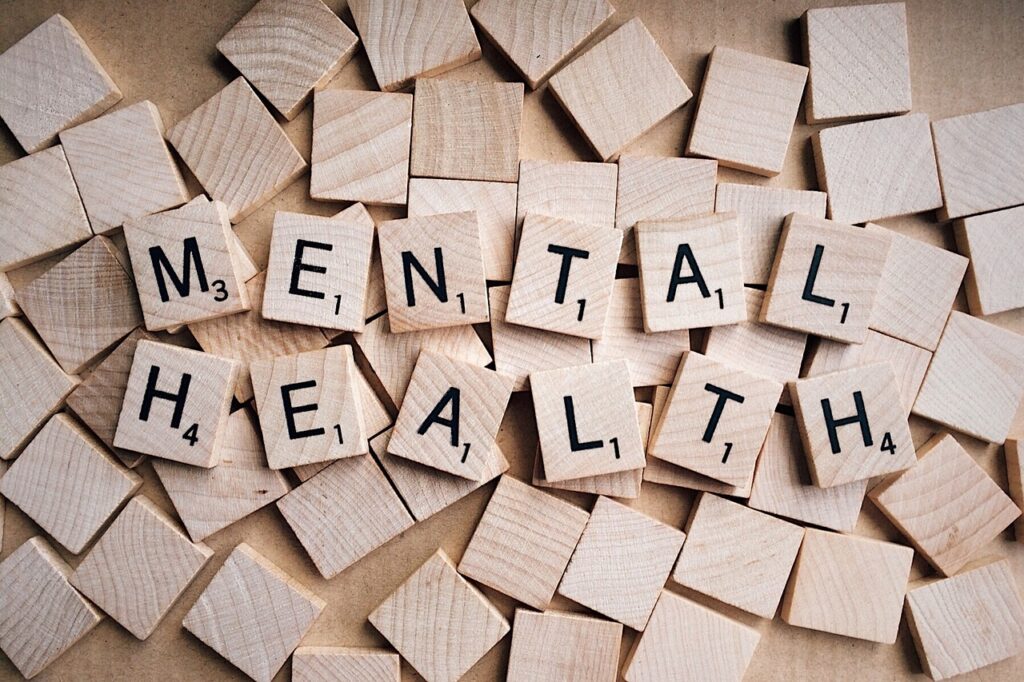
I’ve often found myself struggling to define love in a single sentence. While I have my understanding of what it is, I can’t say that everyone shares the exact definition. In fact, I believe people might define love differently. So, is there one universal definition we can all agree on? I’m not sure, but I found a definition in bell hooks’ book All About Love that resonated with me. She defines love as “the will to extend one’s self for the purpose of nurturing one’s own or another’s spiritual growth.” This definition suggests that love is selfless, pure, nurturing, transformative, commitment, and, most importantly, a choice.
Love Is Selfless
I believe the best place to start is by introducing love as selfless, a concept that bell hooks captures when she says love is “to extend oneself.” It is offering your time when a close friend needs someone to talk to, or supporting a loved one’s dreams. Selfless love is given freely, without the expectation of anything in return. It is extending yourself for another’s well-being rather than personal gain.
Love Is a Choice
Love is more than just a feeling; it is a conscious choice. As bell hooks defines it, love involves “the will to extend,” highlighting love as an action and not just a feeling. While many people associate love with their feelings, they often overlook the fact that love is a choice. Feelings may change over time, but the actions you take to express love can remain constant. When you love someone, you show it. Taking time to express your love language and identifying the love language of others can help you show love in a way that others can appreciate it.
Love Is Pure
You know you love someone when you want the best for them. You want to see them happy, successful, and healthy. You are happy to watch their dreams come true and enjoy celebrating their milestones. When you genuinely care about another person’s well-being, you are experiencing the purest form of love. You consider how they feel in your decision-making. You consider how you can show up for them. Loving someone is about showing consideration.
Love Is Nurturing
The way you care for someone is a powerful expression of love. When you nurture someone, you give them what they need. Everyone has needs that are essential to experiencing fulfillment in relationships. Loving someone means knowing their needs and being able to fulfill their needs. Another part of nurturing someone is supporting another person’s growth. You are willing to provide your time, resources, and knowledge to help them grow.
Love Is Commitment
Love is a commitment to seeing the growth of the relationship. It is about committing to being with someone long-term. It doesn’t mean you can’t leave when it becomes unhealthy or toxic. In those cases, leaving is an act of self-love. Love is committing to support each other’s growth in a healthy and balanced way. It’s not just about saying ‘I do’ when you get married; it’s about committing to say ‘I do’ to the relationship every day.
Love Is Transformative
Love can transform a relationship. When you are with someone who knows how to love you, you have a fulfilling relationship. A fulfilling relationship changes the way you show up in the world. You find that you have more love to give. You are more patient because you are happier. You are more understanding because your capacity to love has expanded. You also find that those past hurts heal when you are loved.
Final Love Notes
I don’t know how you define love, but the way I define love is selfless, choice, pure, nurturing, committed, and transformative. While your definition might differ from mine, I hope you can begin to define what love is for you. I hope that love can be an experience that nurtures your spiritual growth.








